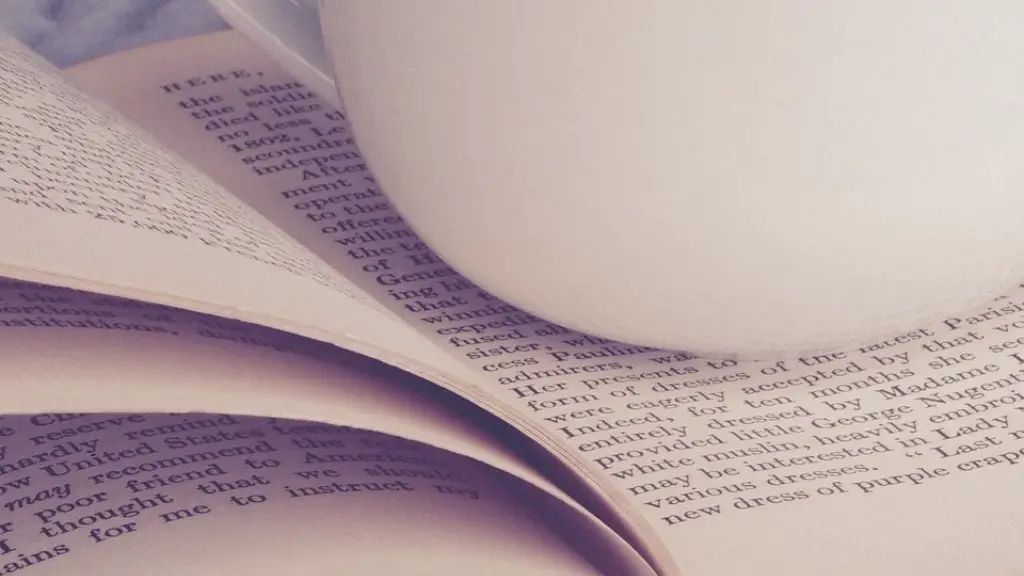Understanding Poetry
Poetry is one of the oldest and most powerful forms of literature in the world. It has been used to communicate meaning and emotion for centuries, transcending cultural and linguistic boundaries. But what is it about poetry that makes it so captivating? Why do we learn poetry?
To answer these questions, we must first understand what makes poetry so compelling. Poetry is crafted with artistry and precision, evoking powerful emotions and thought-provoking messages. Through a combination of sound, syntax, and imagery, poets can create an experience that is both memorable and moving. Moreover, poetry is often used to explore the many facets of human nature, from joy to sorrow, from love to loss.
The Benefits of Learning Poetry
Learning and appreciating poetry can have significant benefits. By studying poetry, we can gain a better understanding of ourselves and the world around us. It can help us find inspiration, express ourselves more clearly, and gain a deeper appreciation for the beauty of language.
The art of poetry can also help us discern our personal values and beliefs. By engaging in the practice of reading and writing poetry, we can develop a more profound understanding of ourselves and our place in the world. Additionally, poetry can help us critically analyze texts and stories, as well as enhance our communication skills.
The Power of Poetry
In today’s rapidly changing world, poetry can help us better cope with the uncertainty and potential for loneliness. It can be used to navigate difficult emotions, channel our thoughts and feelings, and process complex issues. Through poetry, we can savor special moments, even when life may be plagued with sadness or distress.
Poetry often encourages us to think outside the box and develop new perspectives. It uniquely creates a shared theme between all readers, allowing us to come together in understanding, empathy, and peace. Therefore, learning and embracing poetry can be beneficial for both personal and communal growth.
Self Expression and Social Justice
A great advantage of poetry is its capacity to promote social justice and community empowerment. Poetry can be used to give voice to those whose stories may be unheard or unrecognized. Poets can share their unique stories, no matter their background, in creative, effective ways.
Those who write and appreciate poetry can help confront the tough issues of the world. They can use their words to highlight facts and injustices, as well as invoke thoughts of social equality and understanding. In many cases, poets have served as powerful agents of change, inspiring their readers to enact real, meaningful progress in the world.
The Joys of Reading and Writing Poetry
In addition to its many benefits, poetry can simply be a source of delight. Reading and writing poetry can provide us with an enjoyable, fulfilling escape that can be translated into tangible skills and life lessons.
When reading poetry, we can almost feel its flow and music in the form of lines and verses. Writing poetry can also be incredibly liberating, allowing us to craft a virtual universe in which our imaginations and emotions can run wild.
Cultivating an Enjoyable Experience
In order to make the most out of our experience with poetry, it is important to avoid becoming too analytical and instead approach it with openness and patience. Through doing this, we can discover the richness and depths of poetry, as well as its many nuances.
We can further our enjoyment of poetry by exploring its different types, such as sonnets and haikus. We can also experiment with different styles and forms, allowing our work to freely develop without limitations.
Conclusion
Poetry is more than just words on a page; it is a journey. A journey of discovery, in which we can learn about ourselves, our peers, and the stories that shape our world. Poetry encourages us to think deeply, find joy, and build relationships. By learning and embracing poetry, we can unlock its power and find a new appreciation for life.

